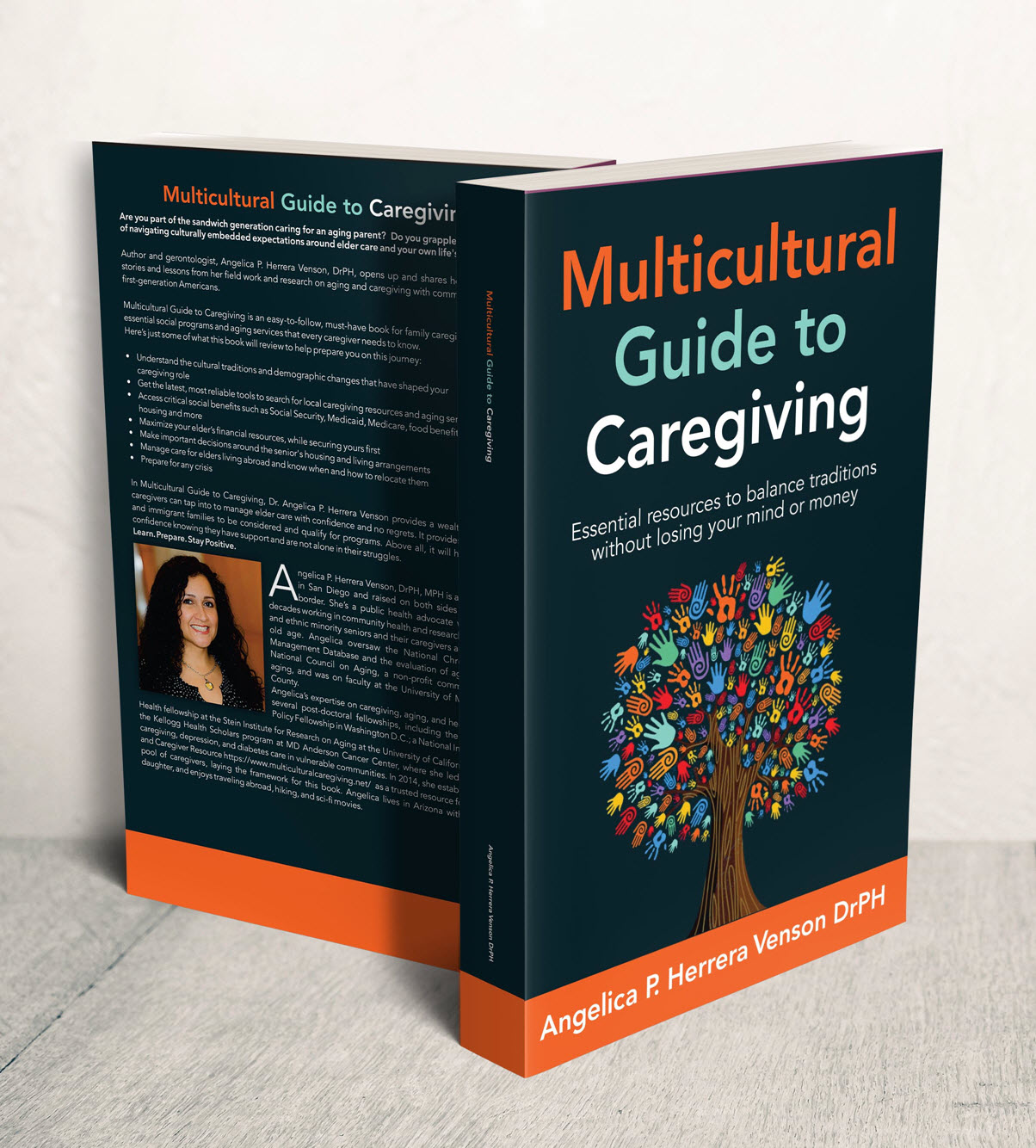 Traditional values in Ethiopia include care of the elderly by their younger family members. This is a common cultural tradition in much of Africa and the Middle East. Ethiopia’s elderly were regarded as valuable members of society – a pattern that does continue today.
Traditional values in Ethiopia include care of the elderly by their younger family members. This is a common cultural tradition in much of Africa and the Middle East. Ethiopia’s elderly were regarded as valuable members of society – a pattern that does continue today.
Yet, as with most cultures, patterns are changing.
Previously, it was unheard of for the old to be taken to nursing homes. Tradition made them the responsibility of society.
Embedded as a strong cultural norm throughout Ethiopian family life and society was the expectation that the responsibility of caring for aging relatives lay in the hands of families and community.
Taking an elderly person to a nursing home is largely viewed as abandonment by Ethiopian family life and tradition.
They were thus bound by a culture that valued the elderly as repositories of culture and tradition.
As struggles mount for younger generations, however, this tradition is fading, and with it essential components of Ethiopia’s rich culture. Some children are finding that they do not have the resources to care for their family members themselves. Others are unsure about where to turn to for support and guidance.
If you reside in the U.S., check out our new book, Multicultural Guide to Caregiving. Our goal is to help families with roots in countries outside of the U.S. to better tackle caring for aging parents, even from a distance. We connect you to critical benefits and social services in the U.S., as well as strategies for managing the financial demands of elder care across the seas.
Cultural Significance
Elderly are the custodians of cultural information, and when elders remain with families, Ethiopian children enjoy firsthand cultural tales passed down through generations.
Compared with younger generations of Ethiopians, most middle-age Ethiopians have fond memories of being raised with elderly relatives in the home.
There still remain a number of families who are willing to care for the elderly in their homes, allowing grandparents and great grandparents to age honorably and with basic human needs met.
These families enjoy the privilege of the company of their elderly relatives and fill their homes with love.
However, the burden felt by families in caring for their old is now being felt in Ethiopia, as in the rest of the world. This can be attributed to the increase in Ethiopia’s elderly population, relative to smaller, younger generations.
Conflict Among Families
With rising burdens on families, there is also a rising conflict between family members regarding care, and the elderly are increasingly being taken advantage of.
As views toward the elderly are changing within Ethiopian family life, they are more often becoming victims of theft and physical abuse. The rise of AIDS cases in Ethiopia has caused older adults to take on the care of grandchildren who were orphaned by AIDS, further increasing poverty.
Without any source of income, the elderly are vulnerable and most likely to exhaust from the physical and financial demands of child-rearing.
There have even been instances where elderly women are abused by family members caring for them. For example, there is a belief in certain African countries that raping an old woman cures AIDS.
Rising Challenges
As more Ethiopian families find themselves unable to take care of their old, the elderly are being forced out of their homes to fend for themselves.
Many take to begging as a means of survival. Others must work in order to feed themselves.
As a result of these changes, more elderly people end up homeless on the streets every year. There is a serious lack facilities to care for the elderly.
Amidst economic turmoil in Ethiopia, conflict among couples can surface as they struggle to find affordable alternatives to caring for their aging parents.
Support and Assistance
Various organizations such as Help Age International are working to provide basic needs of elderly, like food and shelter as well as jobs training. They also can have basic health needs addressed, avoiding the need for emergency treatments.
Training programs also offer the opportunity to stay productive and mentally sharp by learning how to make handicrafts. Their crafts translate into a source of needed income.
Families are being empowered to take care of elderly members of society in Ethiopia by these organizations.
There is, however, need for the government to recognize the steady increase in the number of destitute elderly, and to develop strategies ensuring their needs are met.
Older adults who are still able to work can make a small monetary contribution to the families they live with, or by performing other tasks, such as childcare, housekeeping, or minor home maintenance.
The government, through sensitization to family members, can alleviate suffering of the elderly by promoting cultural values through citizens.
It is a well known in Africa that a society that does not take care of its old is one devoid of the value systems on which it stands.
Taking care of the elderly in society is an important step for Ethiopia to reclaim its cultural beliefs passed down through generations.
Do you agree?
Comment below and share your thoughts and experience with aging and caregiving in Ethiopia or as an Ethiopian in America.

The Multicultural Guide to Caregiving
Multicultural Guide to Caregiving is an essential resource for balancing cultural expectations around elder care, without losing your mind or money in the process.
Feeling Overwhelmed?
Check out our Caregiving Consulting service for personalized support and guidance.

Leave a Reply